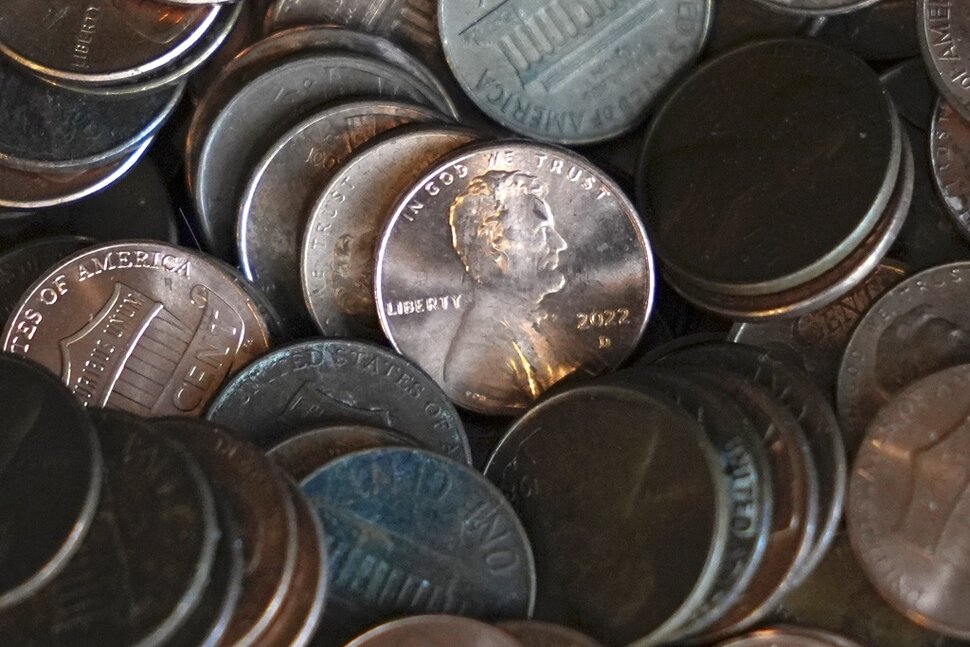As governments around the world move to eliminate low-value coins like the penny, the financial landscape for everyday consumers is shifting.
In the United States, growing calls to discontinue the one-cent coin are gaining momentum due to high production costs and minimal utility in modern commerce.
While the U.S. Mint has not officially ended the penny, discussions mirror decisions already made by countries like Canada, Australia, and New Zealand.
Here are seven smart money moves to make as the penny inches closer to extinction—helping you adapt to a cash-light or cashless economy while boosting your financial habits.

1. Embrace Digital Payments for Convenience and Precision
As physical coins disappear, it’s time to lean into digital payment platforms. Services like Apple Pay, Google Pay, and UPI (in India) have made cashless transactions secure, fast, and widely accepted.
Tip: Use platforms with built-in budgeting tools or cashback features to track and maximize your spending.
2. Round Up Your Purchases to Boost Savings
Follow the lead of financial apps like Acorns that round up your card purchases to the nearest dollar and deposit the spare change into savings or investment accounts. With pennies becoming obsolete, this is a smart way to simulate the small change you’d otherwise collect.
Tip: Automating these savings makes it effortless and helps build emergency funds.
3. Declutter Old Change and Convert It
If you have a stash of coins sitting in jars, now is the time to cash them in. Banks, coin machines like Coinstar, or credit unions offer coin exchange services that allow you to convert change into spendable funds.
Tip: Check with your bank—many offer free coin-counting services to account holders.
4. Budget Using Digital Tools Instead of Cash Envelopes
The traditional cash-envelope budgeting method may no longer work in a coinless world. Instead, try apps like YNAB (You Need a Budget), Goodbudget, or EveryDollar that let you segment your digital funds into categories.
Tip: Look for tools that sync with your bank to avoid overspending.
📎 National Foundation for Credit Counseling
5. Be Aware of Rounding Policies in Cash Transactions
Countries like Canada and New Zealand already round cash purchases to the nearest 5 or 10 cents, depending on the final total. Expect U.S. businesses to do the same if pennies are phased out.
Tip: This may not affect card users, but for cash users, it’s important to understand if prices are rounded up or down.
6. Invest Small Change in Micro-Investing Platforms
The end of physical small change means you can start using micro-investing apps like Stash, Robinhood, or Acorns to put your spare funds to work. These platforms allow fractional investing—making it possible to own shares of companies with as little as $5.
Tip: Set up recurring weekly contributions for consistent investing.

7. Understand the Shift in Monetary Policy and Coin Costs
The cost of minting a penny is nearly 2.72 cents per coin, more than twice its face value, according to the U.S. Mint’s 2023 report. Taxpayer money is being spent to produce currency that holds very little real-world value. As this becomes a growing issue, citizens should stay informed and adapt accordingly.
Tip: Stay updated with official announcements from the U.S. Mint or Congressional Research Service.
What Other Countries Have Done
- Canada: Stopped distributing pennies in 2013. Cash transactions are rounded to the nearest five cents, while electronic transactions remain exact.
- Australia: Eliminated 1- and 2-cent coins in 1992.
- New Zealand: Removed 1- and 2-cent coins in 1990 and 5-cent coins in 2006.
These precedents show a clear global trend toward simplifying coinage and prioritizing digital financial systems.
Final Thoughts
While the penny hasn’t officially vanished from U.S. circulation, the economic and digital trends point clearly in that direction. Making these smart money moves now ensures you’re ahead of the curve, more financially organized, and better prepared for a cashless future.
This article has been carefully fact-checked by our editorial team to ensure accuracy and eliminate any misleading information. We are committed to maintaining the highest standards of integrity in our content.

Himanshu Sharma writes for Weekend Spy, focusing on recruitment, government schemes, and current affairs. He is dedicated to making complex information accessible to readers.
Himanshu enjoys playing chess, hiking, and trying new recipes, always seeking ways to combine his love for writing with his passion for exploration. Connect with Drop him an email at [email protected].







